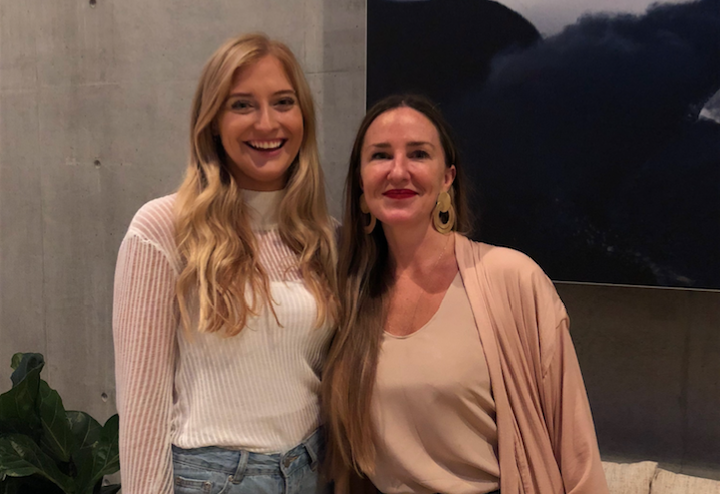
There has been a bit of chatter recently around whether our culture is holding us back in business. A recent Guardian article, ‘’New Zealand wants you’: the problem with tech at the edge of the world’ identified an issue in our technology sector: our modest nature means we often don’t back our abilities enough. An American entrepreneur said Kiwis were ‘humble to a fault’, while Mixt CEO Jessica Manins said she has created an American persona to come across as more confident.
In the feature New Heights, New Depths, Peter Beck talks about the difficulties of building a billion-dollar-company in this atmosphere and says a cultural shift needs to happen if we want more of them. He often faced skepticism from other New Zealanders when he told
them his vision, but look at Rocket Lab’s valuation now: over $1 billion and counting.
Meanwhile, reflecting on a successful global career in tech in 25 Things, NZTE’s Claudia Batten said something she wished she knew before she started was to be more outrageous and aggressive about what’s possible.
New Zealanders are well accustomed to growing up in this contradictory melting pot of pride and self-doubt. So when I met and interviewed Google Empathy Lab founder Danielle Krettek and ex-Wired editor and producer of Abstract: The Art Of Design Scott Dadich in Sydney recently, I didn’t think they’d have the same qualms.
After all, they don’t hail from a nation that loves promoting homegrown success stories, yet has no time for arrogance, setting off a chain reaction of anxieties for anyone who’s become relatively successful: ‘Will confidence in my idea come across as boasting? Come to think of it, am I really that great at what I do, anyway?’
So maybe these niggly insecurities aren’t as much of a hindrance as we think they are. Perhaps they can actually be an advantage when harnessed correctly, and it’s just our levels of aspiration that need tweaking.
As it turns out, this is actually a worldwide phenomenon called impostor syndrome – and even those on the top rungs of the career ladder globally experience it.
When I asked Dadich if he’d ticked off all his goals in an illustrious career, he told me, “Oh no. I have impostor syndrome.” The same went for Krettek. She said she often feels like she doesn’t belong in the room alongside the technologists at Google, seeing as she “fell backwards” into her dream job.
At first, I found this slightly alarming. Once you get to that level, surely you should be allowed the comfort of not second guessing yourself. But, reassuringly, experts say those who feel like they’re impostors actually tend to be more intelligent and competent than those who are unruffled by self-doubt, as they’re constantly striving to increase their abilities (in contrast to this, the Dunning-Kruger effect is “a cognitive bias in which people of low ability have illusory superiority and mistakenly assess their cognitive ability as greater than it is.”)
So maybe these niggly insecurities aren’t as much of a hindrance as we think they are. Perhaps they can actually be an advantage when harnessed correctly, and it’s just our levels of aspiration that need tweaking.
Or, as David Downs put it in Dear David: ‘If all Kiwis had the same expectation of winning that our national rugby team does, I am certain we’d achieve the same results they do. It’s time to use our ‘unfair advantages’ and dream bigger.’

So, on the cover, we present to you one of Idealog’s big, lofty dreams. An optimistic, thriving future where the tech sector dominates downtown and has surpassed our two current industry table toppers, tourism and dairy, to become our biggest national export. Ecosystems take a long time to develop, but companies like Weta, Trade Me, Xero and Vend have paved the way for a host of exciting new companies such as Soul Machines, Push Pay and Rocket Lab. Who knows what kind of companies they will inspire.
- Mash your favoured pointing device here to find out how we brought the theme of New Heights to life on the cover with the help of Guangyu Li and Staples VR.
There have been a lot of dark predictions about the role technology will play in shaping our future, but we’re not feeling so cynical. We reckon our tech sector will help our cities, our economy and our industries reach new heights – perhaps quite literally, if Vickers Aircraft or Zephyr Airworks, a subsidiary of Larry Page’s Kitty Hawk that is testing a self-piloted air taxi in Christchurch, achieve their goals. And as you’ll read in the pages of the Tech Issue, this movement is already well underway.




